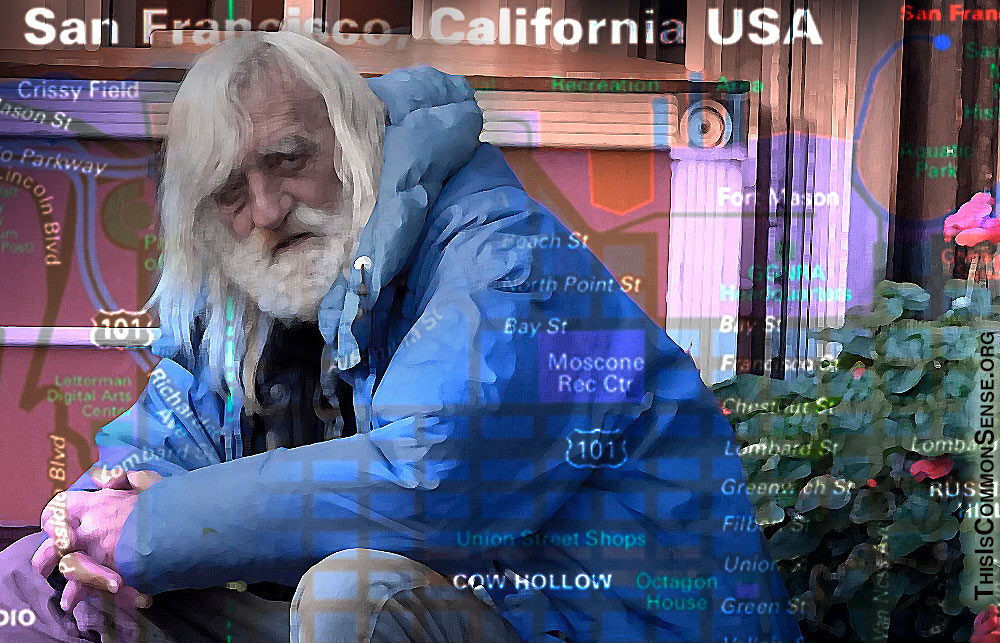Decades of wrongheaded policies have eroded San Francisco’s once much-vaunted charm.
These policies include onerous burdens on building construction; lax attitudes toward homeless folks’ tent cities and public excretory practices; and a green light for sundry criminal activities, including broad-daylight theft.
The green light flashed statewide in 2014, when Californians passed Proposition 47, giving looters much less to worry about if caught stealing less than $950.
Remove a disincentive and you wind up with a huge incentive: thugs were emboldened; folks on the margin between criminality and civilized peace went the wrong direction.
In San Francisco, they were further emboldened when voters installed Democrat Chesa Boudin as district attorney in 2019. At least the election was close.
A recent recall election wasn’t so close, with some 61% voting to oust him.
In the cause of abetting criminals, DA Boudin did everything but serve as getaway-car driver.
Right away, he fired several prosecutors, and The Epoch Times reports that soon “more than 50 prosecutors, support, and victim services staff had either been fired or had quit their jobs over Boudin’s progressive agenda.”
The agenda included ending cash bail, slashing incarceration rates, routinely releasing repeat offenders.
Although it has lost a lot, San Francisco still has piers and fog and that famously twisty road, Lombard Street. Residents have a ways to go to emerge from their ideological fog and perhaps must travel an even twistier road to reclaim their city.
By getting rid of Boudin — and three pretty rotten school board members in another recent recall election — San Franciscans have taken the first steps back to something like sanity. Which always makes next steps easier.
This is Common Sense. I’m Paul Jacob.
—
See all recent commentary
(simplified and organized)

2 replies on “The Long Road Back”
San Francisco has no chance of recovery as long as California is a sanctuary state. Prop 47 was a statewide referendum, so Boudin’s impact, however damaging, was not the starting point. The root cause is in Sacramento.
California’s insanity is largely concentrated in the coastal counties running from Sacramento County southward. Los Angeles County used to be the lower end, but Orange County and San Diego County have seemed swept-up in the madness.
Unfortunately, these same counties can out-vote the rest of California. However, at the same time, that massing of votes means that a turn-around in any one of them also has far more than local significance. (If all the voters in San Francisco became reasonable — mirabile dictu! — then California as a whole would become dramatically more politically sane.)
The costs of California’s coastal madness often fall disproportionately on dwellers in high-population metropolitan areas, which are in these same counties. For example, if the worst that a potential shoplifter faces is being banned from a store, then the more the stores the less meaningful the ban. Voters and near in the coastal cities are increasingly pressed by their material circumstances to acknowledge the previously unacknowledged consequences of officials and measures whom these voters chose.
Of course, the political left constructs narratives to try to explain the consequences as results of other things. And the lessons of the past few years may be swept away by crises and panics.